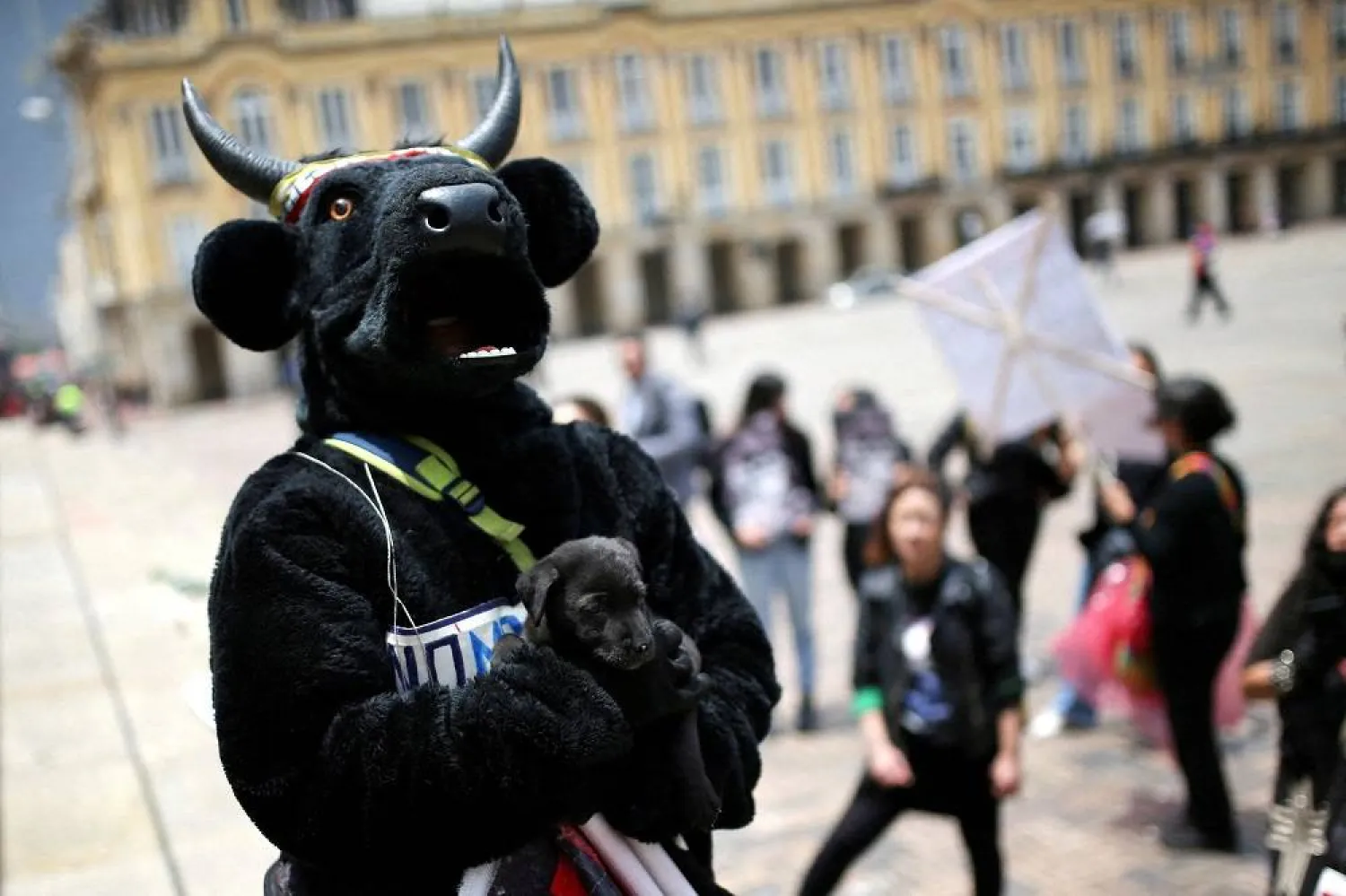Colombia’s congress voted Tuesday to ban bullfights in the South American nation, delivering a serious blow to a centuries-old tradition that has inspired famous songs and novels but has become increasingly controversial in the countries where it is still practiced.
The bill calls for the banning of bullfights in a three-year span, making the tradition illegal by the start of 2028. The new law now needs to be signed by President Gustavo Petro, who has been a longtime opponent of these events.
Bullfighting originated in the Iberian Peninsula and is still legal in a handful of countries, including Spain, France, Portugal, Peru, Ecuador and Mexico.
It was once a popular event, broadcast live by multiple television networks. But the tradition has come under increased scrutiny as views change about animal welfare, and many find it unacceptable to see an animal suffer for entertainment's sake.
“This ban is a huge victory for organizations that have worked to transform society and reject violence against animals," said Terry Hurtado, an animal rights activist and city council member in Cali, who has been leading protests against bullfights since the 1990s. “I feel relieved that bulls and horses (which also participate in some bullfights) in Colombia will no longer be tortured, and that children will no longer be exposed to this spectacle.”
In bullfights, a matador faces bulls that are bred to be aggressive. The matador taunts the bull with a red cape and kills the animal with the blow of a sword after it has been injured with lances and daggers, and is tired of charging at the matador in a circular arena.
In Colombia, where bullfights have been held since colonial times, less than two dozen municipalities continue to hold these events, although the annual bullfights in the city of Manizales still draw tens of thousands of spectators.
Bullfighting aficionados described the ban as an assault on the freedoms of minorities as well as a problem for cities where these events draw thousands of visitors.









